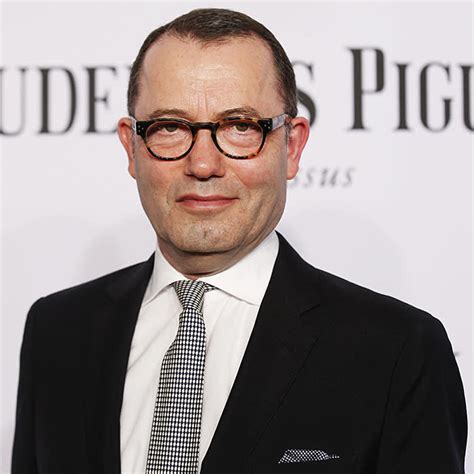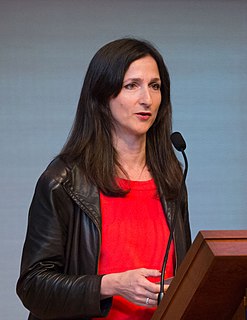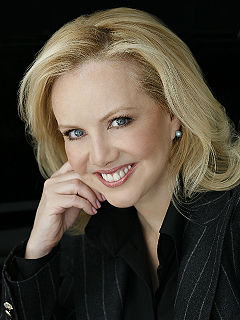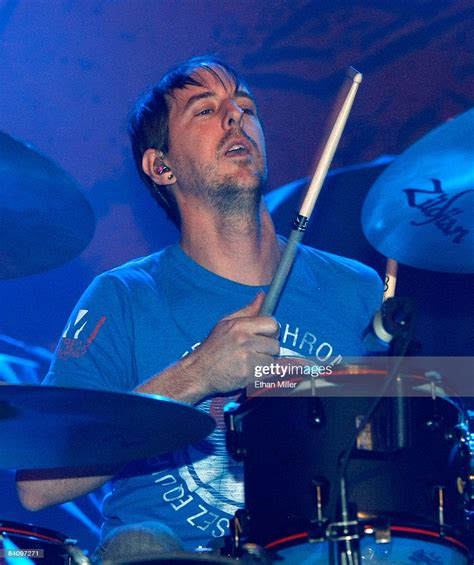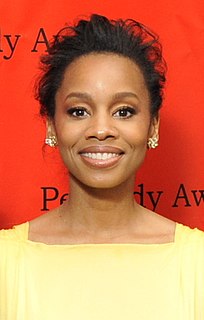A Quote by Colin Callender
I think people want the intimacy in the engagement of sitting in a theater with people and seeing something happen live and engage in that. I think that could be a very powerful experience.
Related Quotes
I'm not a huge fan of 3-D, though. Honestly, I think that movies are an immersive experience and an audience experience. There's nothing like seeing a film with 500 people in a theater. And there's something about putting on 3-D glasses that makes it a very singular experience for me. Suddenly I'm not connected to the audience anymore.
You want people to think. You want people to be emotionally moved. And there's a theory behind that in terms of storytelling. It has been around for thousands of years. And that's where something like live theater or a live performance is something that is very valuable because you get instant feedback from your audience and you kind of know the things that work and the things that don't work.
I think everything about it. Just the experience, but mainly performing live for people. I think if it wasn't for playing in front of audiences, I don't think that anyone would want to play music. That's where you get all your gratification. It's just something else to be up on stage, playing music that you wrote and having people enjoy it - and have it mean something to them also.
These are stories you hear... of people sitting in a mall and being spotted, and you think it will happen to you. And when you're fresh off the boat, and new in Bombay, you want those kind of things! They are magical fables. You want to, somewhere, be a part of it, something people will read about. But reality is different.
If you realized how powerful your thoughts are, you would never think a defeatist or negative thought. Since we create through thought, we need to concentrate very strongly on positive thoughts. If you think you can't do something, you can't. But if you think you can, you may be surprised to discover that you can. It is important that our thoughts be constantly for the best that could happen in a situation - for the good things we would like to see happen.
I think the New York theater audience is very savvy. Sometimes you get newbies who think they're going to be watching Smash onstage, and sometimes you have people who have been coming to theater for years. It's the combination of those people in an audience that makes for a pretty amazing night - their ability to give each other permission to react and enjoy, in a way that maybe they wouldn't if they weren't sitting next to each other.
Watching shows on Netflix is a different experience because most people are sitting there for three to five hours. Very few people even watch one episode. So it's not like a movie theater where you want to the movies to be shorter so you can go urinate. You can pause and urinate at home, and if something is longer, you're allowed to stop and eat breakfast and then watch eight more episodes.
I make films that are very personal, and I always have. It's kind of the only thing that I think I have to offer as a filmmaker: the intimacy I've had with experience in a particular world, so the film comes from things I've seen and things I've felt. It gets transformed by the process. I don't think I'd ever start making a film until I had both the intimacy with the subject and the distance to make it live in a certain way.
